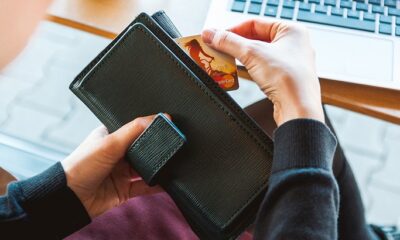Residential Projects
Tough task ahead in Kenya’s affordable housing drive
The State must offer more tax incentives in addition to free land.

Kenya faces tough hurdles in its bid to convince property developers to take part in an ambitious project that seeks to deliver nearly a million low cost houses countrywide by 2022.
Although the government has brought to the table a raft of incentives – among them provision of free land to builders of low cost houses – many industry players feel the benefits are too little to spur development of affordable housing in the country.
Property consulting firm Knight Frank, for example, says that to attract investors the State must offer more tax incentives in addition to free land considering that most developers have avoided the low-end housing market due to its low profit margins and high risk.
“Low-cost housing is not profitable for developers. The margins are low, so is not economically viable for developers (who) have shied away from such projects because they are relatively high risk,” Ben Woodhams, the company’s chief executive said in an interview.
Mr Woodhams said developers pursue at least 20 per cent profit margins on development – a figure that cannot be achieved on the low-end housing market.
Exorbitant land prices, high cost of building materials, and lack of tax incentives have for years forced investors to focus on development of high-end homes that are more economically viable.
But according to Charles Hinga, the P.S. Housing and Urban Development, incentives will defeat the market forces that have made developers snub the low cost housing category.
“To spur development of more low-income housing units, the government has set aside 7,500 acres of serviced land for developers to construct affordable houses,” says Mr Hinga.
READ: State lines up incentives for developers of low cost homes
The government has also halved corporate tax for property developers who build at least 100 low-cost units to encourage the construction of at least 200,000 low cost houses annually.
Other incentives include a 15-percent tax relief for taxpayers who purchase houses under the affordable housing scheme, and the scrapping of stamp duty for first-time buyers of homes.
The State is also establishing the Kenya Mortgage Refinance Company, which will lend banks and saccos cash to extend inexpensive mortgages to low income earners.












